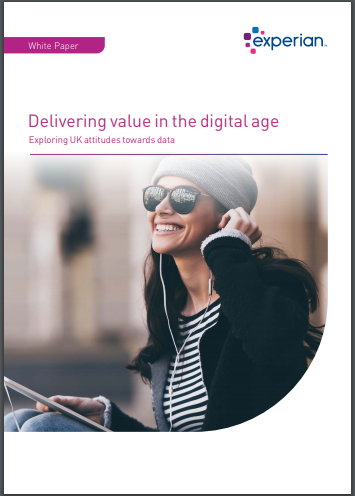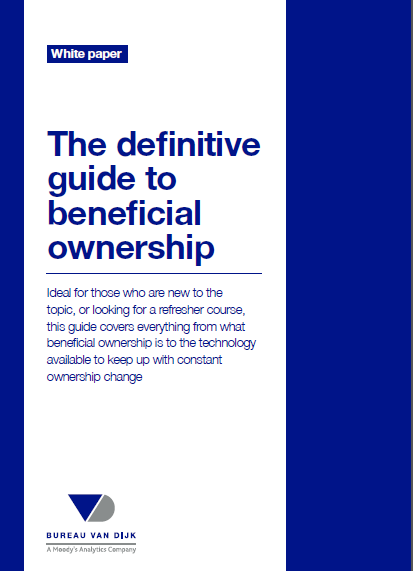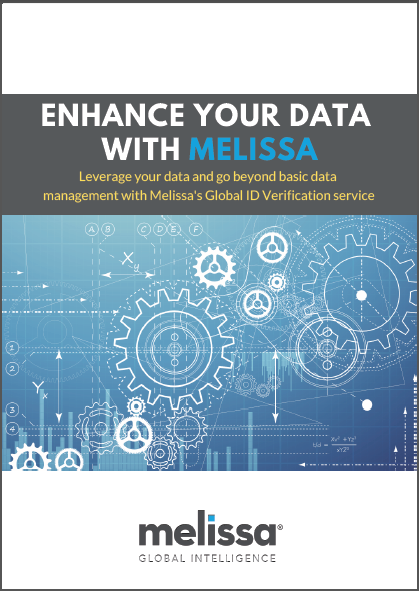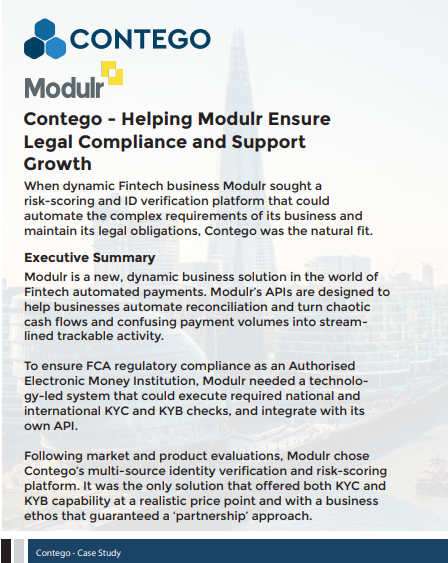White Papers

Bottomline Technologies: The Changing Payments and Financial Messaging Landscape

Experian: Delivering Value in the Digital Age
Today’s world runs on data. We all leave footprints in the digital world, from the profiles we build of ourselves online, to the countless internet searches we conduct each week, to the information we share via a myriad of apps downloaded on a multitude of devices.
Download the Experian whitepaper to understand more about what will encourage your customers to share their data with you, and specifically what a good value exchange looks like in return for this data.

Vizolution: Making Agents Bionic
While many predicted that digital transformation spelled the demise of the traditional contact centre, it still remains a key part of customer service today. Nevertheless, with customers now able to perform simple tasks in self-serve channels, the role of the voice agent is evolving, with many now being challenged by increasingly complex enquiries and problems.

Vizolution: Banking on Frictionless Customer Journeys
In the ‘age of the customer’, Banks are increasingly being defined by the experiences they offer. While digital transformation has helped Banks reduce costs and create greater convenience for customers who no longer want to be defined by branch hours, these channels have also typically had lower engagement levels.

FinTech: Growth Versus Governance
Fintech revenues climbed on average 22 per cent between 2014 and 2016, with half of the nation’s businesses expecting growth of more than 100 per cent this year.
The future undoubtedly looks bright for the industry. But does fintech’s rapid growth and disruptive nature leave good governance trailing behind? What key challenges do businesses face? And how can fintechs strike the perfect balance between risk and reward?

The definitive guide to beneficial ownership
This white paper, courtesy of Bureau Van Dijk, is ideal for those who are new to the
topic, or looking for a refresher course. The guide covers everything from what
beneficial ownership is to the technology
available to keep up with constant
ownership change.
Bureau Van Dijk capture and treat private company information for better decision making and increased efficiency.

Global ID Verification with Melissa
This
publication from Melissa Global Intelligence was created to present the importance of a single unified 360
degree view of the customer – both for the benefit of marketing and KYC
initiatives but also for fraud prevention. Knowing customers and ensuring that
their data is accurate and verified is extremely important to help a business
gain key insights into the target audience but also to ensure that contact with
valued customers is not lost. The 360 degree view will inform business
decisions, reduce costs related to duplicate data and save time loss due to
undeliverable data..

Blockchain & FinTech: A User Guide
Welcome to the new world of trading on a blockchain platform.
This Blockchain User Guide is designed and written for financial intermediaries, investment and financial advisers, trust fund managers, fintech professionals and wealth managers seeking a clearer understanding of blockchain technology’s potential and why it has been chosen as the underlying technology for Royal Mint and CME’s digital gold standard RMG.
This guide was created by David Reilly of Let's Learn Digital. David provides consultancy around the intersection of technology and business which includes a mix of speaking, writing and digital transformation. To learn more about David's work, you can contact the Let's Learn Digital Team, or email David directly.

Will DLT work for my Business?
The possibility of
conducting complex transactions with unprecedented efficiency, security, and
trust is tantalizing.
But what can blockchain or digital ledger technology (DLT) do for your business, today?

Contego - Helping Modulr Ensure Legal Compliance and Support Growth
Modulr is a new, dynamic business solution in the world of Fintech automated payments. Modulr’s APIs are designed to help businesses automate reconciliation and turn chaotic cash flows and confusing payment volumes into streamlined trackable activity.
To ensure FCA regulatory compliance as an Authorised Electronic Money Institution, Modulr needed a technology-led system that could execute required national and international KYC and KYB checks, and integrate with its
own API.

How do application lifecycle management practices address hidden, underlying and embedded risks built into fintech innovations?
Supported by Siemens, this paper explores the use of Application Lifecycle Management (ALM) and related software quality control practices in the fintech world. The objective is to understand how best practices for software development, maintenance and retirement are being applied in the dynamic world of financial technology, where ALM is being neglected as well as where ALM can help both fintechs and incumbent financial organisations be more successful.


